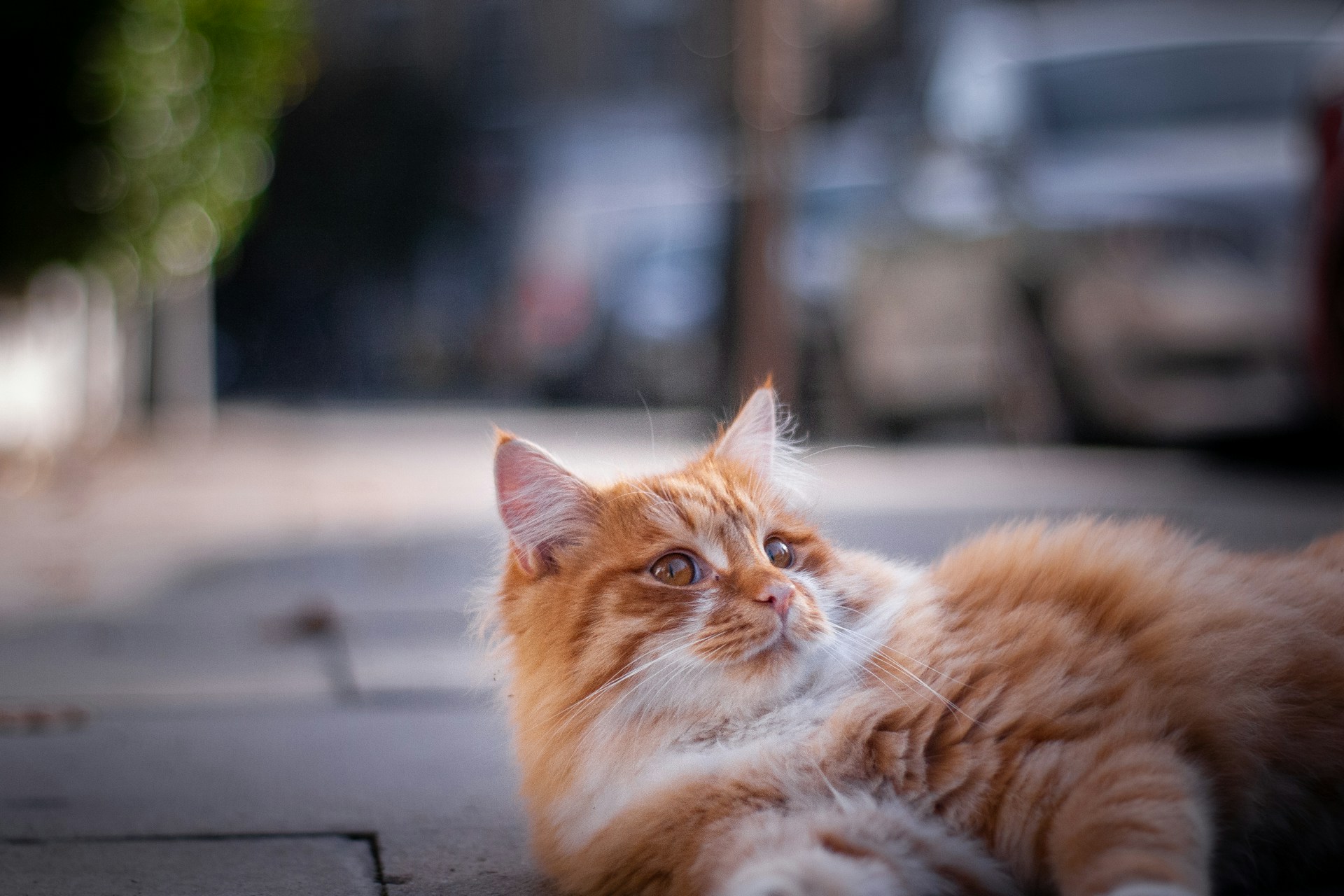Cat parents like giving their felines human-like traits saying cats have human-like emotions such as showing love and understanding. One of those emotions is jealousy.
You might have noticed your cat exhibiting this emotion, and as a cat parent, you’re curious if your fur baby does feel so. So the question is: do cats get jealous similar to human beings?
Yes, cats get jealous.
These felines usually get territorial over things they claim as theirs, such as their living space and their owners—this a feeling not only particular to cats but also humans. Humans feel territorial towards their home and loved ones, too!
Cats can easily feel jealous towards other cats, dogs, and other living beings. They can also feel jealousy if their pet parents aren’t paying them attention, but rather to other guests or daily tasks. This could result in cats sprawling themselves across your workspace to demand your attentiveness.
Some cat breeds such as the Maine Coon and the Pixie Bob tolerate strangers, are easy-going, and rather laid-back. These breed of felines usually don’t mind sharing the attention of their parents with other animals or human beings. But of course, not all cats are the same as each cat has its own uniqueness. So even tolerant cat breeds can show overweening jealousy.
Why Do Cats Get Jealous?
Cats getting jealous can be compared to a human getting jealous. Both beings are just simply made to feel so.
One especially jealous breed of cat is the Oriental Shorthair. These cats demand attention and like being the center of it. In turn, they will do anything to accomplish that. They don’t take it well when their pet parents show more attentiveness to other animals, humans, and even inanimate objects as they carry out their day-to-day tasks.
Cats getting jealous depend on their temper and personality, level of socialization, overall interaction with their owners, and upbringing.
COMMON REASONS BEHIND YOUR FELINE FRIEND’S JEALOUSY
Lack of Bonding Time
People are never short of daily tasks, whether it’s watching TV, working, doing household chores, cooking, or studying. As much as you would like to, you can’t really focus your full attention towards playtime or training sessions with your fur baby every hour of the day. This becomes a problem when your cat feels like they don’t get sufficient bonding time with you.
Insecurity
Sometimes, you might overlook it, but cats do feel insecure. If your furball isn’t convinced or doesn’t feel your unconditional love, it may get jealous for ostensibly no reason at all.
A cat’s insecurity may come from an unpleasant and heartbreaking experience such as parting with its former pet parent or a related bitter memory. Your cat may feel like it will lose your affection any time soon, so you have to prove them wrong, possibly over and over again.
Lack of Proper Socialization
If your cat lacks socialization with other humans and animals, you might find them often getting jealous. When it’s time to socialize, your feline friend might act improperly since it wasn’t taught how to socialize properly.
What happens when a cat gets jealous?
When cats get jealous, you’ll know right away, as their behavior usually changes. They won’t act out every time they feel jealousy, but when they do, you’ll certainly notice.
Aggression
Cats may exhibit common aggressive behavior such as hissing, biting, scratching, or attacking you or other beings/ things that triggered jealousy. They might also try to scratch your furniture and pee on the carpet. Essentially, cats will try to get back at you for the way they feel, which sometimes means assaulting whatever they think will showcase their point clearly.
Depression
A jealous cat may start acting depressed, lethargic, and shy due to insecurity. There could be many reasons, but your fur baby might feel that your love for them is about to be permanently taken away, which could set the trigger.
Fawning
Fawning is a common type of jealous cat behavior. Your cat might rub against you, plead by excessive meowing, purr, and other distinctive signs of fawning. Basically, it’s your fur baby’s way of gaining attention from you.
Encouraging your cat’s jealousy by laughing at it, not showing it attention on purpose, or purposely teasing it might seem amusing to you, but what you’re doing will only make the situation worse. Cats do have feelings, and they get hurt, too!
If you don’t have the time to attend to your feline’s needs, then give it a thought before deciding to adopt one. You can also go for a more laid-back and independent cat breed, or you can give your cat something to keep it entertained, such as interactive cat toys. All the same, all cats need to be given enough love and attention, which is why you shouldn’t be neglecting their needs.

